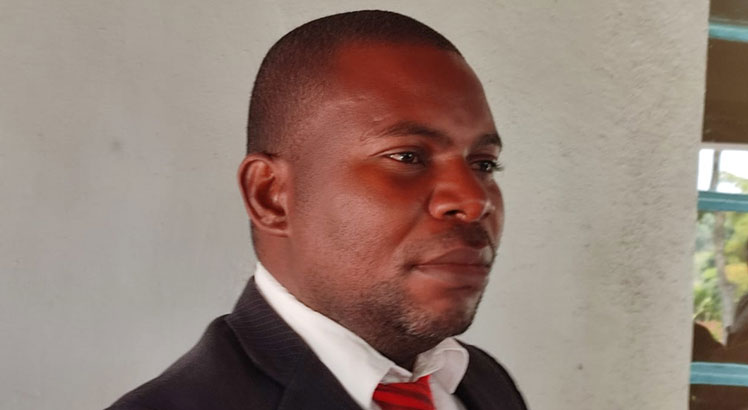Ecobank Malawi Limited has extended a $100 million (about K103 billion) facility to enable local suppliers of fertiliser secure foreign exchange to pay off importers ahead of the agriculture season.
The development comes amid a forex shortage that has undermined the country’s capacity to import critical products such as fuel and fertiliser.
Ecobank Malawi managing director Raymond Fordwuo confirmed the development yesterday, but referred The Nation to the Ministry of Agriculture or the Smallholder Farmers Fertiliser Revolving Fund of Malawi (SFFRFM), a partner in the facility, for more details.
In a WhatsApp response, SFFRFM chief executive officer Richard Chikunkhuzeni said the programme, which has been running for three years now, has supported the establishment of letters of credit for suppliers of fertiliser contracted under the Affordable Inputs Programme (AIP) since the 2021/22 growing season.
Confirmed the new development
yesterday: Fordwuo
Letters of credit allow exporters to get a guarantee of payment while offering the importer reasonable payment terms.
Reacting to the development, Minister of Finance and Economic Affairs Sosten Gwengwe commended Ecobank Malawi for extending the facility, saying it would allow local suppliers with a tender to supply fertiliser under the AIP to secure the forex they need to import fertiliser.
He said: “The biggest problem was local suppliers couldn’t get letters of credit in good time because of the ongoing forex shortages. We [Ministry of Finance and Economic Affairs] pay the suppliers in kwacha, but the importers want to be paid in dollars.
“So, the suppliers would take too long to get letters of credit on time because the commercial banks have also been affected by the forex shortage. Ecobank is leveraging its international links to provide these LCs and make the imports easier.”
Reserve Bank of Malawi (RBM) has reported that Malawi’s total foreign exchange reserves position weakened to $664.3 million (2.7 months of imports) as of the end of July 2023 from $714.1 million (2.9 months of imports) reported in June 2023.
This is below the 3.9 months of import cover that international financial institutions recommend for credit-constrained economies like Malawi.
Gross official reserves, the amount of forex under the direct control of the central bank had dropped to $257.7 million (1.0 months of imports) from $306.6 million (1.2 months of imports) recorded during the preceding month.
Lilongwe University of Agriculture and Natural Resources lecturer Horace Phiri said the facility was a “welcome development” for the local industry and agreed with Gwengwe that it would ease the implementation of the AIP.
He said: “It will definitely make it easier for local farmers to import fertiliser amid the ongoing forex shortages. But maybe the only problem is that it has come late in the season.”
Last week, the Fertiliser Association of Malawi warned of shortage of fertiliser in the country.
The association’s data published in The Nation edition of September 13 shows that the country has about 64 981 metric tonnes (MT) comprising 25 399MT Urea and 39 582MT NPK.
Fertiliser Association of Malawi executive administrator Mbawaka Phiri said there is a combined 326 712MT of fertiliser at Mozambique’s Indian Ocean ports of Beira and Nacala, but delivery to Malawi is dependent on the companies sourcing foreign exchange. Beira has 137 562MT and Nacala 189 150MT.
Ministry of Agriculture Principal Secretary Dixie Kampani admitted that most of the fertiliser is indeed not in the country.
Government is yet to roll out distribution of inputs for this year’s AIP, whose imports have largely been hampered by the persistent shortage of forex in the country.
The post Ecobank gives suppliersK103bn forex for fertiliser appeared first on The Nation Online.
 Moni Malawi
Moni Malawi 

